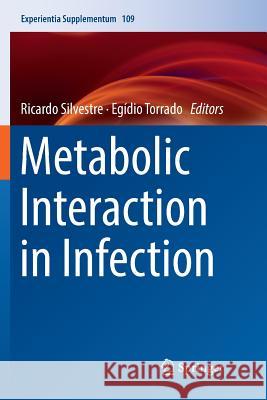Metabolic Interaction in Infection » książka
topmenu
Metabolic Interaction in Infection
ISBN-13: 9783030091088 / Angielski / Miękka / 2019 / 476 str.
Kategorie BISAC:
Wydawca:
Springer
Seria wydawnicza:
Język:
Angielski
ISBN-13:
9783030091088
Rok wydania:
2019
Wydanie:
Softcover Repri
Ilość stron:
476
Waga:
0.67 kg
Wymiary:
23.39 x 15.6 x 2.49
Oprawa:
Miękka
Wolumenów:
01
Dodatkowe informacje:
Wydanie ilustrowane











